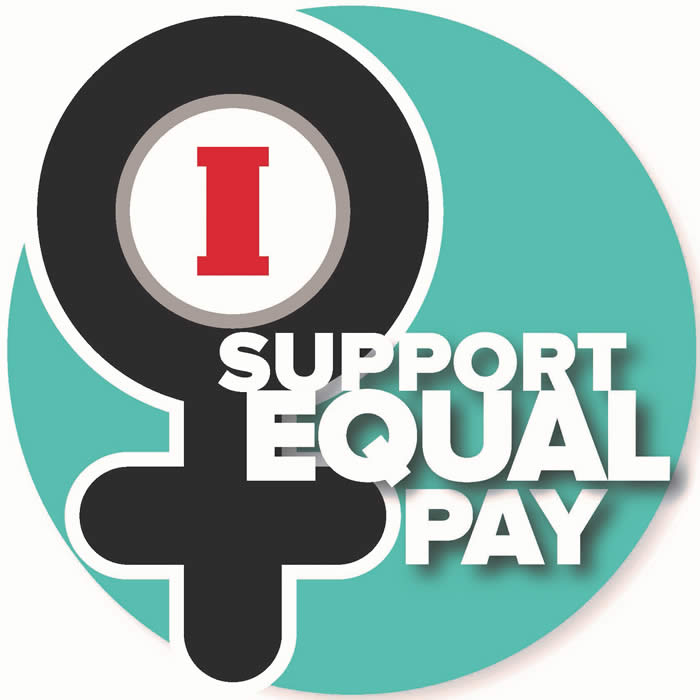Equal Pay Today! Platform

The Equal Pay Today! Campaign, launched on the 50th Anniversary of the Equal Pay Act by national and state-based women’s rights organizations, calls for an end to the gender wage gap that persists in nearly every industry and profession in the country. This gap varies by state and city, by education level and occupation, and is magnified for African American and Hispanic women.
The Equal Pay Today! Campaign includes: A Better Balance, American Association of University Women, American Civil Liberties Union Women’s Rights Project, California Women’s Law Center, Equal Rights Advocates, Gender Justice, Legal Aid Society-Employment Law Center, Legal Momentum, Legal Voice, National Center for Law and Economic Justice, National Partnership for Women and Families, National Women’s Law Center, Southwest Women’s Law Center, Women Employed, and Women’s Law Project. We join together to call for action to end the practices and close the loopholes in existing laws that contribute to women making on average only 77 cents for every dollar paid to men. These practices include:
- Less pay for the same job: Women are paid less than men in nearly every occupation. One study examining wage gaps within occupations found that out of 265 major occupations, men’s median salary exceeded women’s in all but one. Economists have documented the role of gender bias in employment decisions through studies that show women were offered fewer job opportunities and lower pay, even when they had identical resumes as men. To close the wage gap, we must address discrimination in pay and promotions on the same job.
- Job segregation: Sex role stereotypes lead to women being segregated into female-dominated jobs such as retail sales, home health care, and child care. These jobs pay low wages and are often part-time. Today, women make up nearly 2/3 of the adult minimum wage workforce and the minimum wage is too low. Jobs considered to be “women’s work” typically pay less than male-dominated jobs requiring equivalent skill and effort, and women remain under-represented in higher paying work traditionally done by men, such as construction, fire-fighting and policing.
- Retaliation against workers for discussing their pay: Today, a majority of employees report that they are either prohibited or actively discouraged from discussing their pay. Employers with policies preventing employees from sharing pay information keep women in the dark about pay differences, limiting their ability to negotiate for higher pay and to enforce their rights under the equal pay laws.
- Pay reductions due to pregnancy and caregiving responsibilities: Employers pay women less from the moment of hire and deny them promotions because they automatically presume women will have children and then will commit less time and dedication to their jobs. If women do get pregnant or take on caregiving responsibilities, they sometimes lose income because of overt discrimination based on these stereotypes. They also lose pay when they are deprived of opportunities to advance to higher paid jobs or are pushed out of work altogether because employers do not accommodate needs that may arise for women as a result of pregnancy and caregiving, including through paid family leave or paid sick days, and flexible, predictable, and stable schedules. The result is that women experience diminished income throughout their working lives.
- Wage theft: Being paid less than the minimum wage, being shorted hours, being forced to work off the clock, not being paid overtime, and not being paid at all are pervasive practices across many industries. Women, especially immigrant women in low-wage jobs, are often the hardest hit by wage theft. According to a survey of low-wage workers in America’s three largest cities (Chicago, Los Angeles, and New York City), women were significantly more likely than men to experience minimum wage violations, and 47% of the undocumented women workers surveyed reported wage violations by their employer. Employers who fail to pay women workers the wages owed to them deny these women the fair pay they need to support themselves and their families.
Join the Equal Pay Movement today!
Equal Pay Today! Media Advisory (June 10, 2013)
Equal Pay Today! Campaign Heats Up on National Women’s Equality Day (August 26, 2013)
For full version of EQUAL PAY TODAY! CAMPAIGN PLATFORM with citations, click here.







